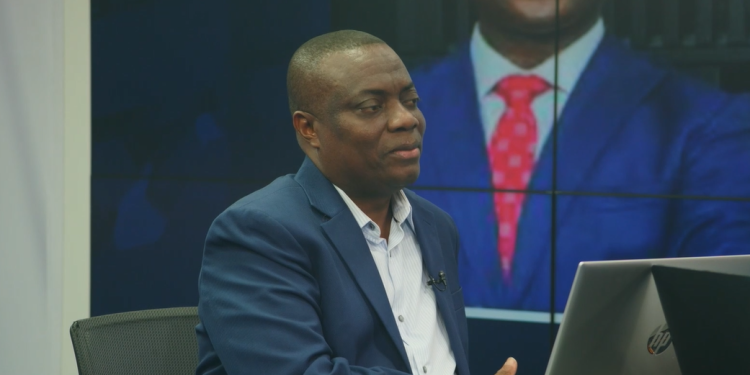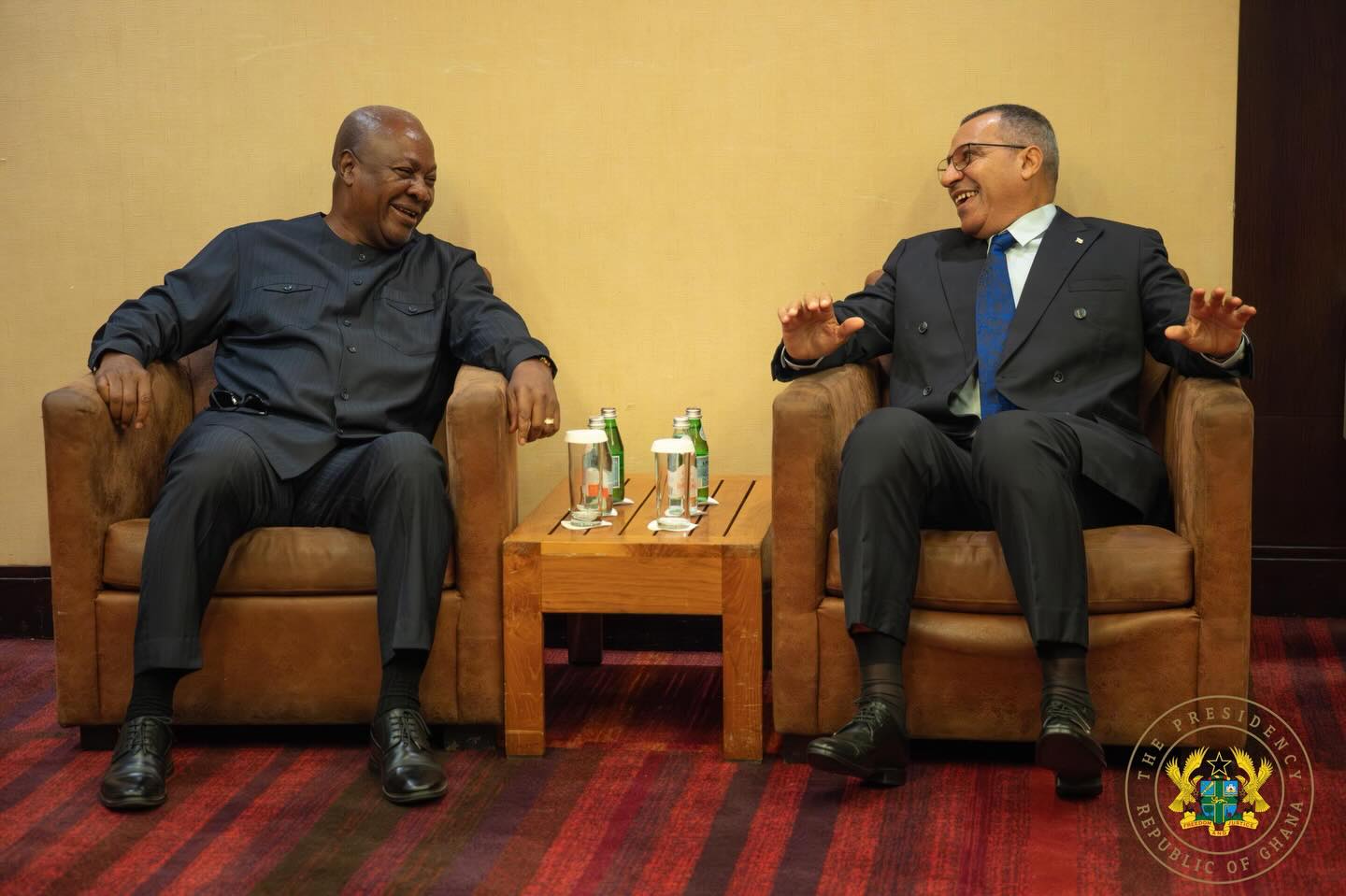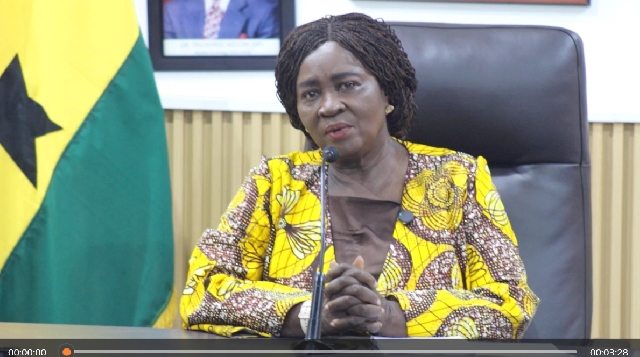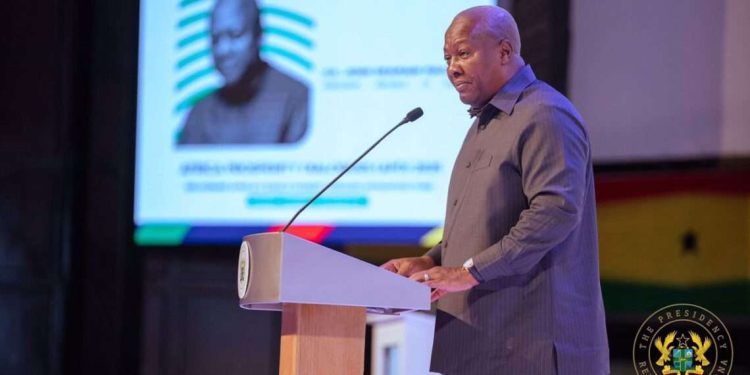Iranian-American journalist Reza Valizadeh has been sentenced to ten years in prison by a court in Tehran. His conviction comes on the grounds of alleged collaboration with the United States government, a charge his lawyer, Mohammad Hossein Aghasi, condemned as politically motivated.
Valizadeh, who previously worked for Radio Farda—an outlet associated with the U.S. Agency for Global Media—was found guilty on charges of working with what Iranian authorities deem a “hostile” government. Aghasi revealed that the verdict was issued by the Tehran Revolutionary Court and indicated that an appeal could be filed within 20 days. Despite this legal recourse, Aghasi lamented the fact that he has yet to meet with his client since the ruling.
Compounding concerns about Valizadeh’s case is the context of his return to Iran. In a troubling message posted in August, he indicated that he had returned to the country on March 6, 2024, after a long absence of 13 years. He described his return as fraught with uncertainty, mentioning a lack of guarantees for his safety: “Eventually I came back to my country after 13 years without any security guarantee, even a verbal one,” he noted. According to Aghasi, Valizadeh experienced six months of freedom before being detained.
The plight of journalists in Iran remains dire, highlighted by the recent tragic death of Kianoosh Sanjari, a former journalist with VOA’s Farsi Service. Sanjari reportedly took his own life in protest against the country’s oppressive regime, emphasizing the bleak reality for those who challenge the government. Just before his death, he had called for the release of imprisoned colleagues and threatened self-harm if his demands were unmet.
This pressure on journalists is not unprecedented; a similar fate befell Parnaz Azima, a former Radio Farda broadcaster, who faced harassment and was barred from leaving Iran after a brief visit to see her ill mother in 2007.
As Iran continues to grapple with societal unrest, particularly in the wake of the protests following Mahsa Amini’s death in 2022, the country’s economic struggles worsen. The rial’s continued devaluation against the U.S. dollar and persistent unemployment contribute to the rising tension among the Iranian populace, leaving many to question the future of freedom and expression within the nation.











